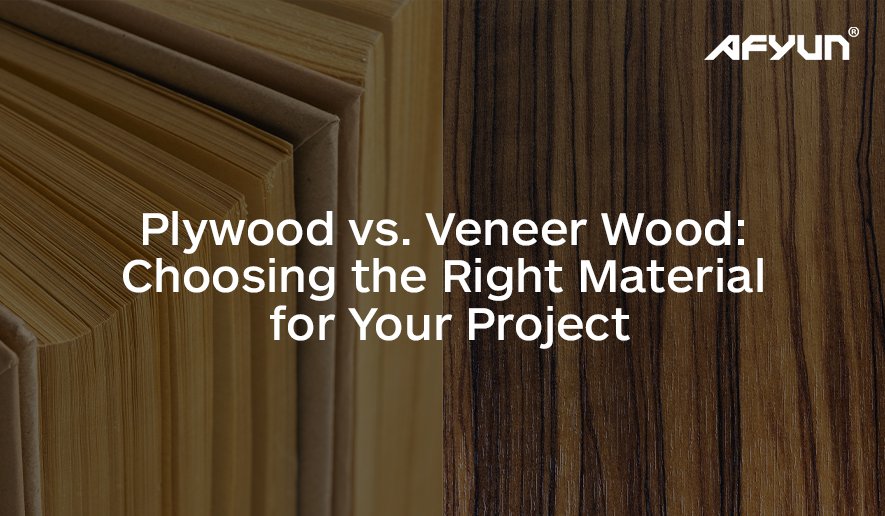When you check the user manual of each product, safe and secure handling is always mentioned. The same equation applies to the handling and cutting of plywood.
However, working with plywood requires extra caution to ensure safety. From handling sharp tools to managing dust and adhesives, this comprehensive guide will help you to stay safe while working with plywood.
- Choose the Right Plywood
Choosing the right type of plywood is essential for both safety and project success. Different types of plywood vary in strength, thickness, and intended use, and selecting the appropriate one helps ensure the stability of the material during handling and cutting.
For example, using a higher-quality plywood that suits the specific requirements of your project will reduce the risk of splintering and ensure a smoother, safer cutting experience.
- Wear Proper Protective Equipment
Wearing personal protective equipment is crucial when working with plywood. Safety goggles protect your eyes from wood dust, splinters, and sharp fragments, especially during sawing or sanding.
Earplugs or earmuffs are necessary as power tools produce loud noise, safeguarding your hearing. A quality dust mask or respirator protects you from fine dust and harmful chemicals released during cutting or sanding, minimizing respiratory risks.
- Handling Precautions
Handle plywood sheets with care to prevent damage and ensure safety. When lifting, use your legs rather than your back to reduce the risk of injury. For heavy sheets, use a dolly or hand truck to prevent splintering from dragging. For storage, keep plywood in a dry, flat area to avoid warping.
- Secure the Workspace
Keep your workspace clear of obstacles and tripping hazards, especially when handling large plywood sheets. Use a stable work surface, like a workbench or sawhorse, to keep the plywood secure during cutting, reducing the risk of accidents.
- Use Sharp, Well-maintained Tools
Regularly check that tools are in good condition and properly sharpened, as dull tools require extra force and can slip or kick back. Always follow proper tool techniques and manufacturer guidelines to prevent injuries and ensure effective use.
- Be Mindful of Splinters
Be cautious of splinters when working with plywood. After cutting, use sandpaper to smooth the edges to reduce the risk of painful splinters and possible infections. Always handle plywood carefully and wear gloves to protect your hands from sharp edges and rough surfaces.
- Secure the Plywood Properly When Cutting
Secure the plywood properly while cutting by using clamps to hold it firmly to the workbench, which prevents it from shifting. Always cut on a flat surface and ensure the plywood is fully supported around the cutting area to avoid splintering.
- Fire Safety Precautions
Fire safety is crucial when working with plywood. Power tools can overheat and produce sparks, which may ignite plywood dust, so it’s important to take regular breaks to allow tools to cool down and ensure the dust is cleared frequently. Make sure to keep a fire extinguisher nearby in case of sparks or accidental ignition to quickly respond to any potential fire hazards.
Final Thought
Plywood projects can be rewarding, but they also come with risks if proper safety measures aren’t followed.
By following these plywood safety tips, you can enjoy the benefits of working with this versatile material while keeping your workspace safe.
Be sure to check out our Plywood Maintenance Blog for essential aftercare tips and tricks to keep your plywood in top condition.
Pages you might like: fire retardant plywood | marine plywood | waterproof plywood | gurjan plywood |


